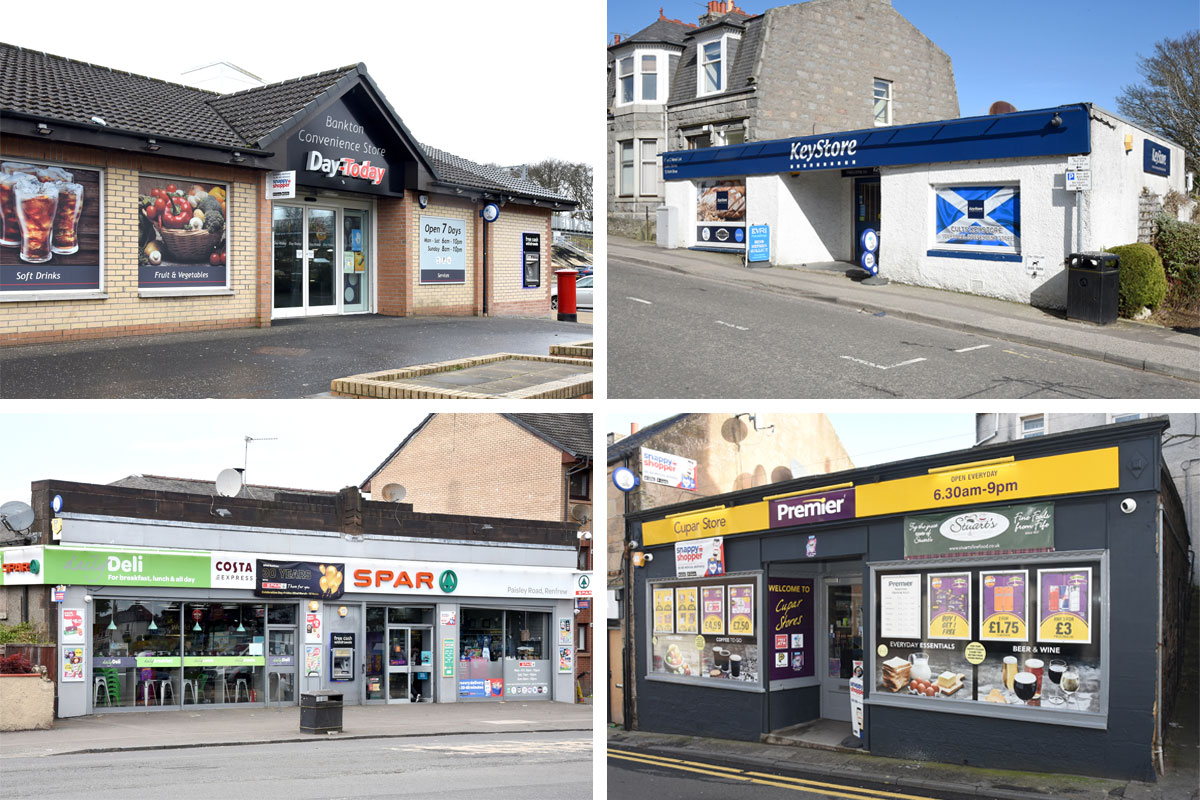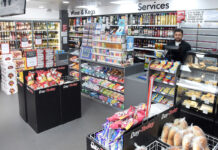ACS reports c-stores as number one driver for economy

CONVENIENCE stores have been ranked as the number one driver for supporting the local economy of areas in the new Community Barometer report from the Association of Convenience Stores (ACS).
The Community Barometer report, released by the ACS, brings together an omnibus poll of 2,000 UK adults questioning them about a range of services including convenience stores, Post Offices, pharmacies, banks, coffee shops, hospitality venues and others.
When asked which service was ‘Most Important in Supporting the Local Economy’, the 2,000 respondents answered that convenience stores ranked as No.1 out of a list of 16.
Further to this, convenience stores were ranked third in the ‘Most Positive Impact’ question, falling behind pharmacies at No.2 and Post Offices which took the top spot. Similarly ‘Most Essential’ saw pharmacy ranked No.1 with convenience stores once again taking the bronze medal.
James Lowman, chief executive at the ACS, said: “Communities across the UK clearly recognise the importance of their local convenience store in providing secure and flexible employment, supporting the local economy, and driving investment in a wider range of services.
“Our Community Barometer provides a blueprint for the kind of diversity of businesses people want on their local high streets, and highlights the need for crucial services like banking, prescription collections and Post Offices – many of which are already housed within convenience stores.”
Nick Read, chief executive at the Post Office, said: “Postmasters are at the centre of their local communities up and down the country and we’re delighted that the ACS findings have recognised the impact Post Offices, and by extension our postmasters, bring to people’s local area.”
When asked to give examples of how convenience stores have benefited the local community as well, respondents answered:
• 30% said they knew the people running or working in the local shop quite well or very well.
• 63% said they had to travel less than a quarter of a mile to get to their local shop.
• 28% said would have to travel two to three miles or more for essential groceries if their local shop wasn’t there.
• 32% said they believe that their local shop helps to reduce loneliness in their community.
Off the back of this new report, Lowman stressed that the new Labour government would do well to listen to these respondents and continue to support local convenience stores as Westminster continues to draw up plans for moving forward.
Lowman said: “One of the top priorities for the new Labour Government will be to look at ways to improve the way that people feel about their local communities.
“A diverse range of services is part of that solution, but it’s clear that investment is needed in local community engagement and a stronger police presence.
“We urge the Government to look at supporting local growth not just in terms of town centres, but in the villages, high streets and smaller parades where people live, work and shop.”













